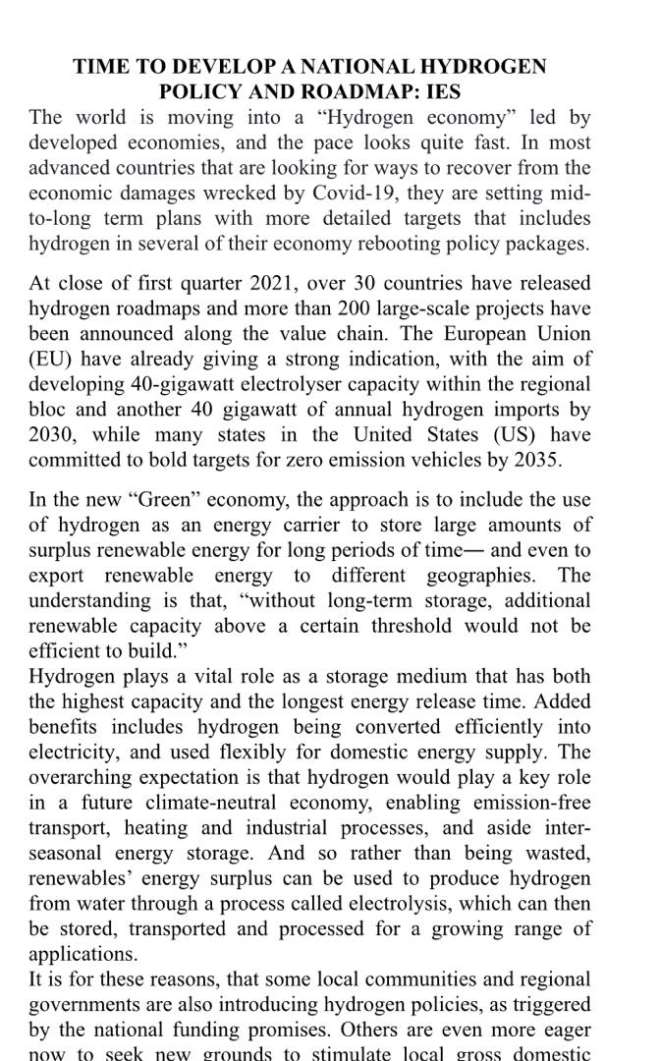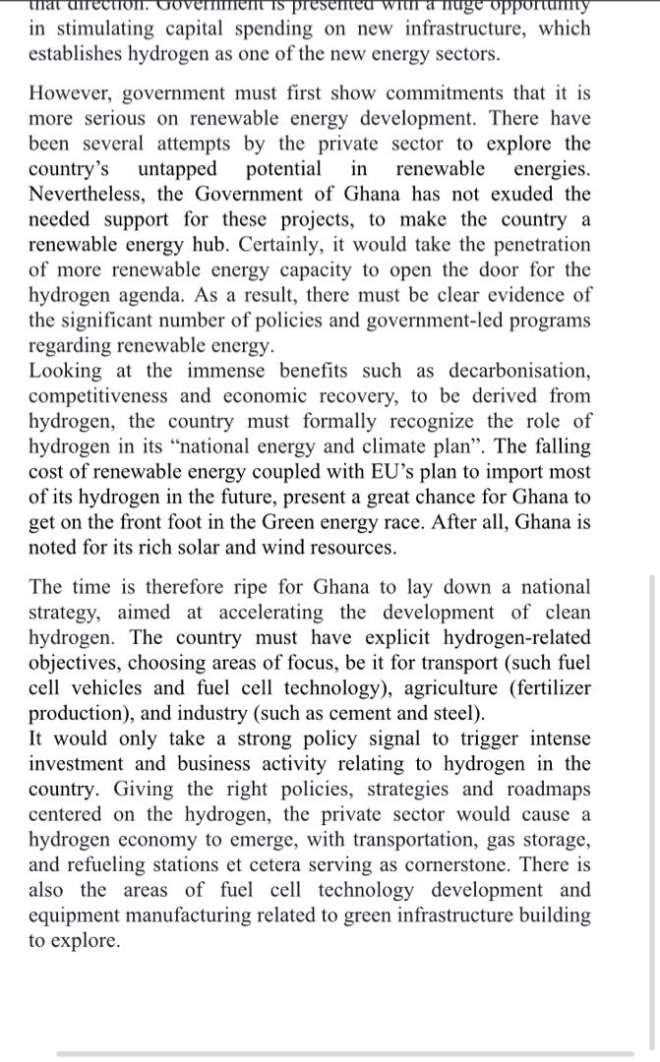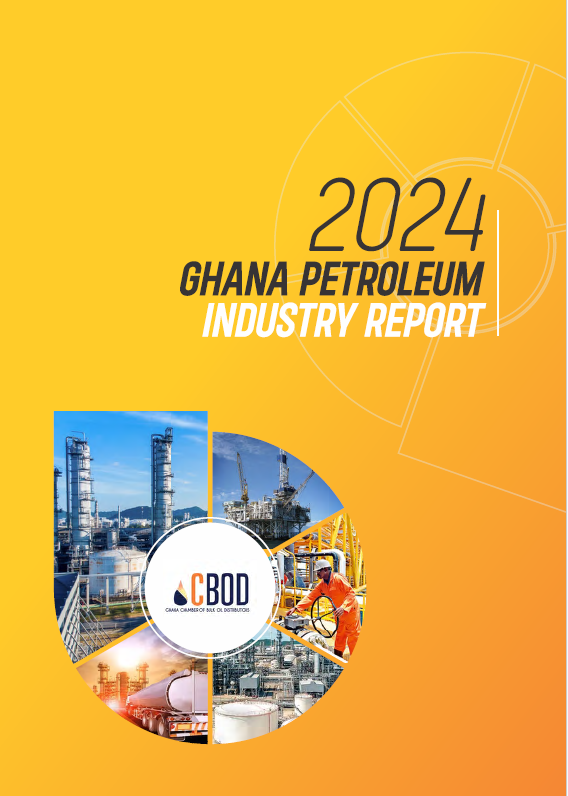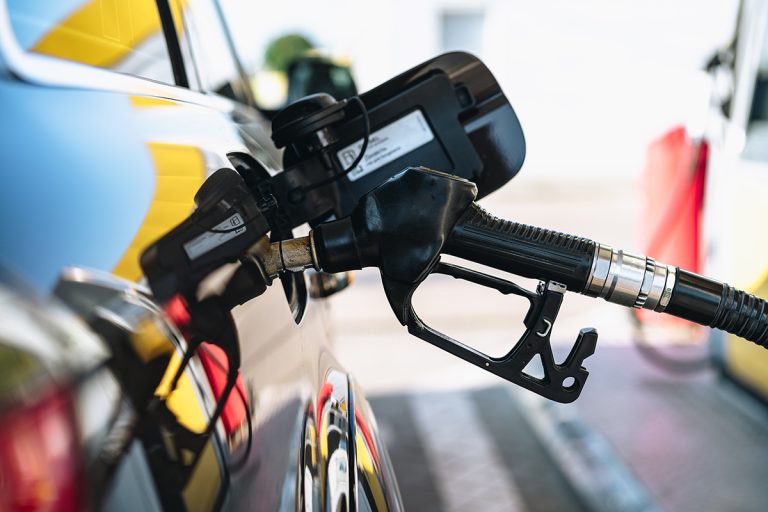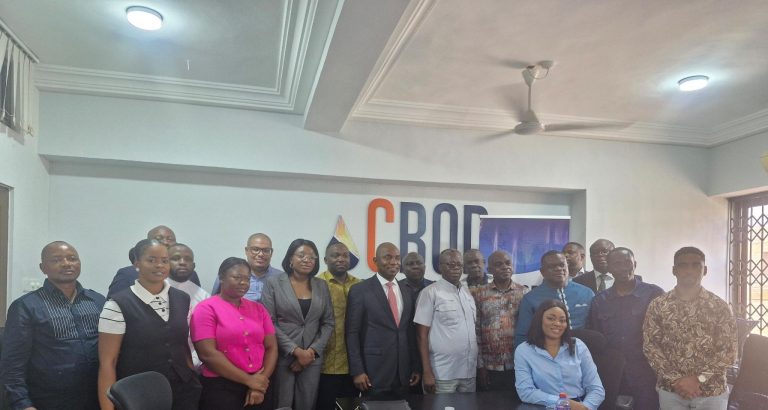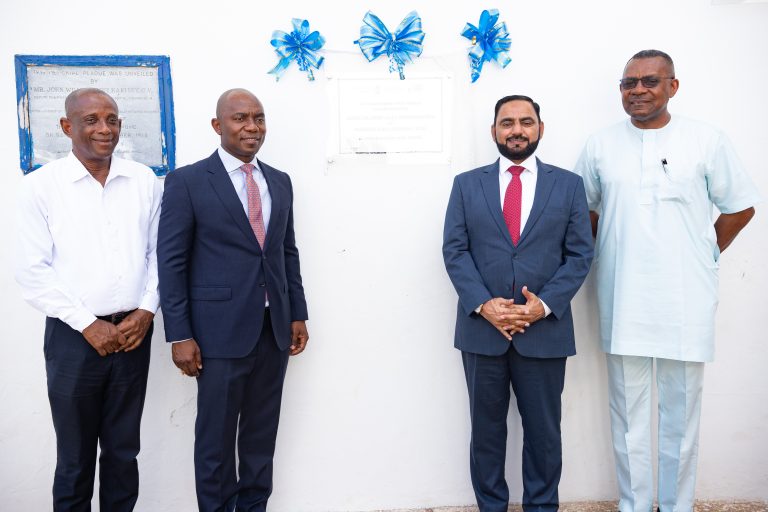The Institute of Energy Security (IES) is asking government to commit to renewable energy development in order not to lack behind in the fast-growing global economy.
Now more than ever as the world combats the Coronavirus pandemic, there has been an urgency for countries to adopt new ways to grow and at the same time making sure the environment is protected.
In that sense, most countries are moving into a “Hydrogen economy” led by developed economies. In most advanced countries they are looking for ways to recover from the economic blowback of Covid-19, setting mid-to-long-term plans with more detailed targets that include hydrogen in several of their economy rebooting policy packages.
The close of the first quarter of 2021 has as many as 30 countries releasing hydrogen roadmaps with more than 200 large-scale projects being announced along the value chain.
With the world seemingly moving towards the adoption of hydrogen and renewable energy, the IES believes the government of Ghana must tilt towards the same direction.
To do so, the IES insists that government must first show commitments that it is more serious about renewable energy development.
“Looking at the immense benefits such as decarbonization, competitiveness, and economic recovery, to be derived from hydrogen, the country must formally recognize the role of hydrogen in its “national energy and climate plan”. The falling cost of renewable energy coupled with EU’s plan to import most of its hydrogen in the future, present a great chance for Ghana to get on the front foot in the Green energy race. After all, Ghana is noted for its rich solar and wind resources,” part of the IES statement reads.
The non-governmental organization believes the time is ripe for Ghana to lay down a national strategy, aimed at accelerating the development of clean hydrogen. The country must have explicit hydrogen-related objectives, choosing areas of focus, be it for transport (such fuel cell vehicles and fuel cell technology), agriculture (fertilizer production), and industry (such as cement and steel).
Read the press release from IES below:
